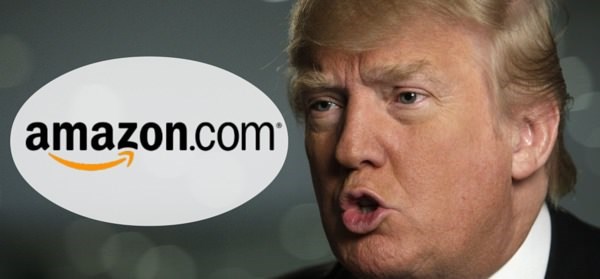Amazon is teaming up with Berkshire Hathaway and JP Morgan Chase to have a go at reforming American healthcare. This is a good idea for two reasons: first, American healthcare definitely needs reforming. Secondly, it needs to be done in a more, not less, free-market direction.
Yes, I know that’s not quite how most of us see it. The usual pearl-clutching view is that the US healthcare system is already far too free-market. But that diagnosis entirely misunderstands the system and what it is that ails it; the system is cartelized and rigged in favor of the producers of healthcare. So much so that the method of paying for it, private-sector insurance, just isn’t the root problem.
Monopolies and Spending Other People’s Money
Milton Friedman explained all of this 40 years ago, and matters haven’t improved since then. There is the essential financial problem, which is that people aren’t spending their own money on themselves (the way of spending which produces the optimal outcome). PJ O’Rourke’s version of the four ways to spend money is more amusing than Friedman’s, but we are still stuck on the fourth and least efficient method of doing it — spending other peoples’ money on other people. Not something that’s going to be improved by government taking over the raising and distribution of the cash, obviously.
But beyond that, and far more important as an explanation of the cost of the system, is the manner in which medical care provision isn’t anything close to a free market. Friedman particularly inveighed against the restrictions the American Medical Association places upon the training, number of, mobility, and monopoly of doctors. But there are many other restrictions too. For example, in many states, it is not possible to open a new medical facility — or even expand the equipment installed — without the express agreement of all local competitors that such expansion is needed.
It is this protection of the incumbents which explains why the US pays nearly twice — 18 percent or so of GDP — what other rich nations do for its healthcare. The system is good in at least one sense: treatment, for those who have the insurance, is blindingly fast by the standards of almost everywhere else. The system is also paying for a very large portion of that public good, global drug research, and development. But that’s not enough to explain the cost — it’s the cartelization and monopoly within the system which is responsible.
It would be good to have someone come in and break that economic power. Competition is, after all, the cure for such monopolistic costs. Conceptually, we might imagine government doing this, but since that monopoly power is granted by the political system itself, it’s not where the solution can be sought.
Disruption Is Needed
Warren Buffett is fond of saying that he likes a business with a moat around it. What he means is protection from any competition which might erode profits. He usually means something like branding, a distribution system that would cost too much to replicate, or some similar advantage — although he’s not averse to legally protected profits, such as those to be had in the insurance industry. And there’s a legally constructed moat around US healthcare, which explains the vast incomes of those working in it and, thus, the cost of the system.
Just as with medieval castles, the answer to a moat in military terms is overwhelming offensive power. Or, in economic terms, sufficient market power to be able to battle that defense. Which is where — perhaps — we may be with these three companies taking on the task. They have enough people for whose health care they are already paying to make it interesting for them to try to crack the problem. They’re not short of resources, and they’re most certainly not lacking in entrepreneurial brains. Who knows? They may even be able to make a success of it.
American healthcare definitely needs reform. But to do that we need to identify what ails it and, as Friedman said, the answer is not the insurance model itself, but the privileges accorded to the providers of it. The answer to monopolistic costs imposed upon consumers is competition.
With these three major corporations turning their attentions to providing just that, it may be possible to get genuine reform. We should wish them luck, for they’re going to need it — perhaps we should lay in a stock of popcorn as we watch how it plays out. But since they are identifying the problem correctly, there is at least a reasonable chance that they’ll be able to improve the system substantially.
Reprinted from CapX.
Tim is a Fellow at the Adam Smith Institute in London
This article was originally published on FEE.org. Read the original article.






